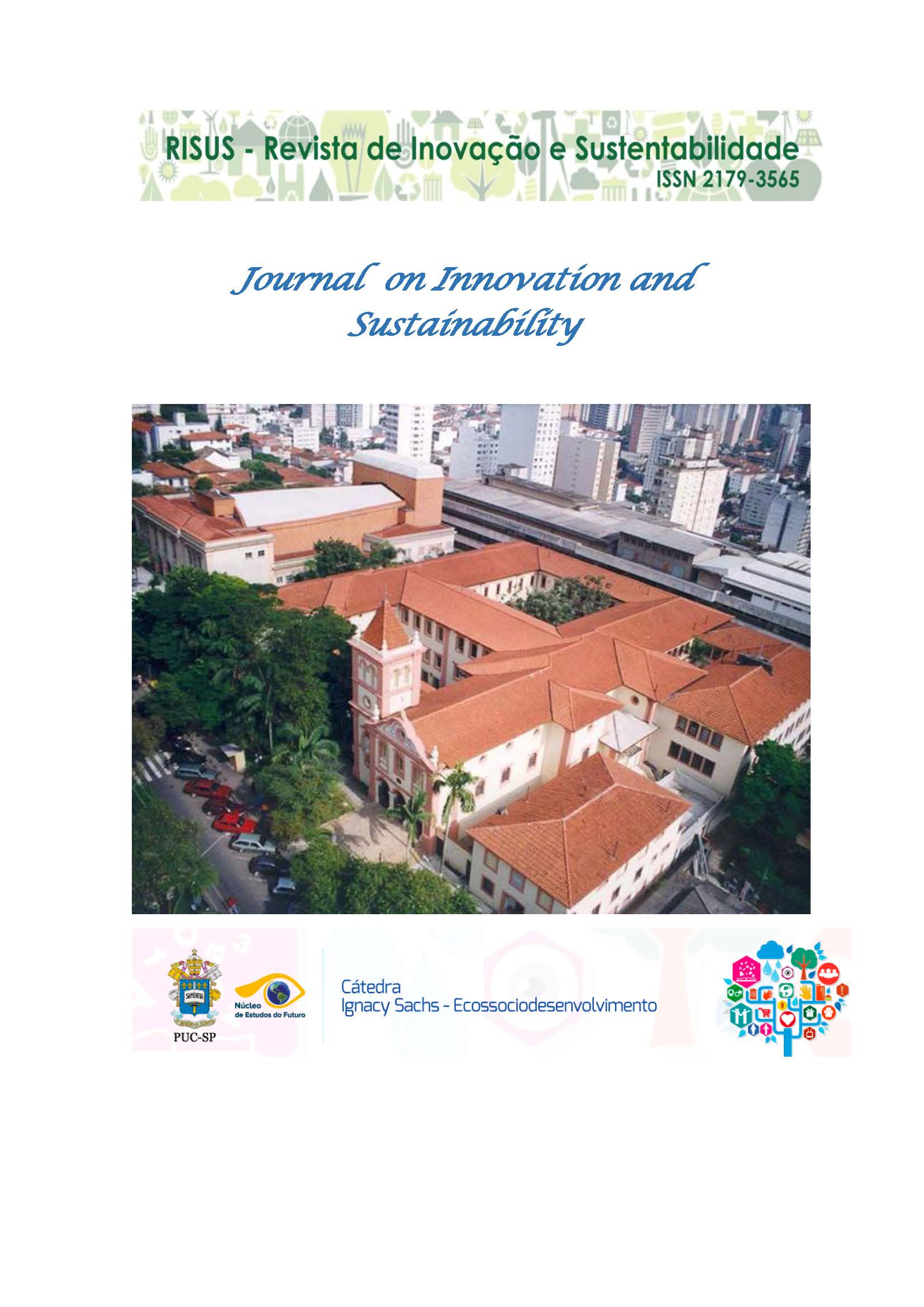The UN's 2030 agenda's intelligent cities indicators and the Sustainable Development Goals
DOI:
https://doi.org/10.23925/2179-3565.2023v14i1p153-166Keywords:
smart cities, environmental sustainability, indicators, sustainable development goals, agenda 2030Abstract
The growth and development of cities, from the earliest times, accompanies the degradation of their natural environment, devastates forests, pollutes rivers and seas, extinguishes fauna, among others. However, since the middle of the last century, humanity has awakened to the importance of preserving and restoring the environment in order to provide a better quality of life and well-being for future generations. In 2015, the United Nations (UN) elaborated the 2030 Agenda with seventeen Sustainable Development Goals (SDGs), one of the pillars of which is environmental sustainability as a goal of responsible and intelligent development. In this same path of ideological innovation, researchers develop the concept of smart cities - those that use their resources intelligently, and promote, through the evaluation of several indicators, the classification of the degree of intelligence of cities. The research question is: are these models of representation and evaluation of smart cities aligned with the seventeen SDGs of the UN 2030 Agenda? This study sought to identify the connection and adherence of the indicators for classifying smart cities from the PoliTIC methodology, in the environment dimension, with the objectives of the 2030 Agenda related to the theme through a pairwise comparison of these indicators as suggested by the AHP method. The result demonstrates that although some indicators are more adherent to the objectives studied than others, the variation found was small and shows that the indicators of this methodology are connected in an equivalent way with the SDGs.
References
ALBINO, V.; BERARDI, U.; DANGELICO, R. M. Smart cities: Definitions, dimensions, performance, and initiatives. Journal of Urban Technology, v. 22, n. 1, p. 3–21, 2015.
BRAGA, T. M.; PAULA, A.; FREITAS, G. De; DUARTE, G. D. S. Índices De Sustentabilidade Municipal : O Desafio De Mensurar. v. 14, n. 3, p. 11–33, 2004.
CARAGLIU, A.; DEL BO, C.; NIJKAMP, P. Smart cities in Europe. Journal of Urban Technology, v. 18, n. 2, p. 65–82, 2011.
CUNHA, M. A.; PRZEYBILOVICZ, E.; MACAYA, J. F. M.; BURGOS, F. Smart cities: transformação digital de cidades. [s.l: s.n.]v. 44161 p.
Indicadores Brasileiros para os Objetivos de Desenvolvimento Sustentável.
O Brasil e a Agenda 2030: Rumo aos Objetivos de Desenvolvimento Sustentável. ONU, 2015.
PEREIRA, C. D. M.; MUNIZ, C. R.; ALVES, A. M. Cidades Inteligentes Sustentáveis no Brasil Uma metodologia para avaliação e diagnóstico de nível de maturidade de cidades. [s.l: s.n.]249 p.
SAATY, T. L. Some mathematical concepts of the analytic hierarchy process. [s.l: s.n.].

Downloads
Published
Issue
Section
License
This Journal is licensed under a Creative Commons Attribution-Non Commercial-No Derivers 4.0 International license.
1.The author (s) authorize the publication of the article in the journal;
2.The author (s) warrant that the contribution is original and unpublished and is not in the process of being evaluated in other journal (s);
3. The journal is not responsible for the opinions, ideas and concepts emitted in the texts, as they are the sole responsibility of its author (s);
4. The editors are entitled to make textual adjustments and to adapt the articles to the standards of publication.

